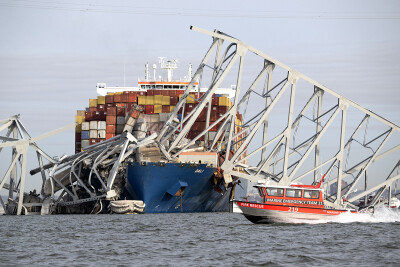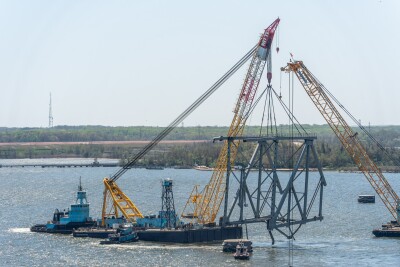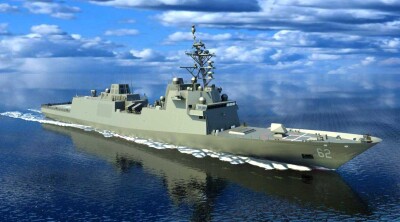An article in Bloomberg Business on Nov. 11 illustrates the power of the global economy and the futility of trying to staunch its flow. According to the article, even as the U.S. rig count tumbles and workboat operators lay-up more boats, oil imports are soaring.
Iraq, which according to the article is OPEC’s fastest-growing producer, has just loaded 19 million bbls. of crude into 10 ships destined for Gulf of Mexico ports, which the British would say is like sending coal to Newcastle (at one time the center of British coal mining). Why would U.S. refiners pay for transportation halfway around the world while U.S. oil output plummets? It’s because producing oil in Iraq is seven times cheaper than producing it in the U.S., according to Bloomberg. As a self-reinforcing phenomenon, U.S. buyers turn to cheaper foreign oil and U.S. drillers cut back, which makes U.S. oil more expensive and foreign oil even more attractive.
There is a security argument at play here as well. In any future armed conflict, the U.S. would have been wiser to have left its oil in the ground and purchased foreign oil while it was cheap and available. This may be the thinking behind the recent sales of SPR (Strategic Petroleum Reserve) holdings, the theory apparently being that with modern technology we can supply future military needs by pumping from our own soil. So in a purely strategic sense, U.S. policy should favor importing oil, but in an economic sense, every U.S. rig that gets stacked means hundreds of workers are out of work and the ripple effects that entails.
Although the situation is complex the answers are simple. One is to levy duties on foreign oil that would make U.S. oil competitive, but that approach, besides being hostile to the free market, drives up prices by restricting competition. The other is to cut U.S. drilling and production costs to the point that our oil becomes competitive again. Unfortunately, U.S. drillers and service companies that support them operate under such heavy legal and regulatory strictures that this is unlikely to happen.
So the availability of cheap foreign oil, coupled with the extremely low per-barrel cost of transporting crude in very large crude carriers (VLCCs) so big it has to navigate by the capes instead of through the Panama or Suez canals, may mean that the U.S. oil patch won’t recover any time soon. What to do about that, especially in this election cycle, could boil down to a question of public policy. Who gets the thumb on the scale, the U.S. oil industry or the U.S. consumer?




